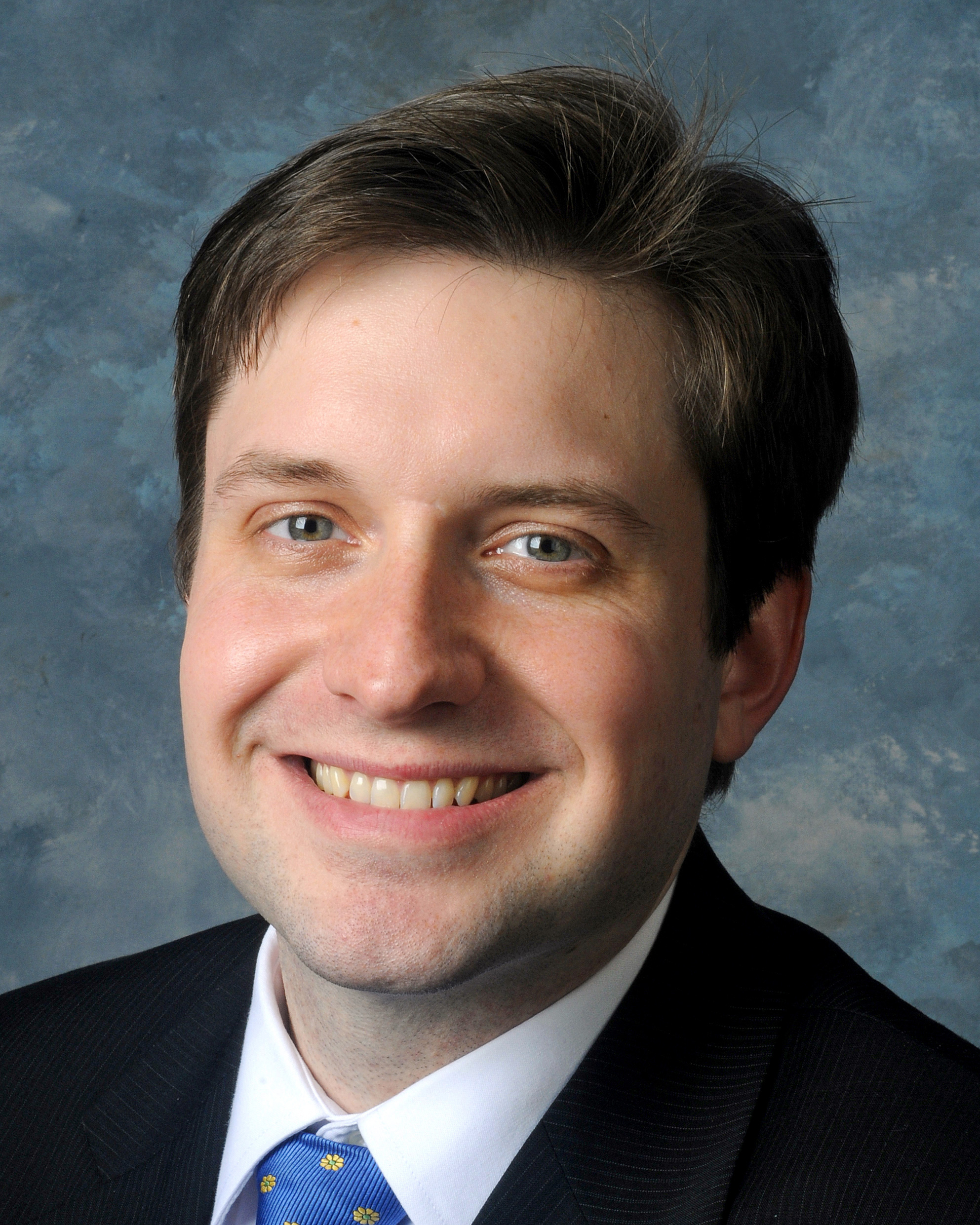Boyle County attorney helping drug treatment program grow
Published 7:54 pm Friday, February 15, 2019

- Boyle County Attorney Chris Herron, center, participates in a Criminal Justice Coordinating Council meeting Friday. Herron announced during the meeting he was hoping to land a $15,000 "rocket docket" program grant. File photo by Ben Kleppinger/ben.kleppinger@amnews.com
The Shepherd’s House non-residential drug treatment program for Boyle and Mercer counties now has more clients employed in jobs than at any other time in its two-year history.
Director Roger Fox revealed that statistic during a recent Boyle-Mercer Joint Jail Committee meeting. He said it is a credit to the community and the work his staff has put in.
Fox also attributes the growing number of clients to a new program Boyle County Attorney Chris Herron has started. After the meeting, Fox said Herron has really bought into the program.
Shepherd’s House clients are defendants in drug cases in the local court system. Boyle and Mercer counties pay Shepherd’s House $13 a day for each client; it costs about $32 a day to house an inmate in the jail.
“One of the things (Herron) campaigned on was that he wanted to fill the program up and utilize it the best he could,” Fox said. “It just makes sense; it keeps people with drug issues out of jail and gives them the ability to go through and get everything that we offer, get their GED … without ever even touching the detention center.”
Fox said Herron has the willingness and the understanding of the recovery process that aids tremendously in spreading awareness of the fact that drug addiction is a disease — a deadly one that needs treatment.
Although Fox sings Herron’s praises, he said Lynne Dean, former Boyle County attorney, “did amazing stuff for us, too.”
“Lynne helped get it started; she backed it from the very beginning. Chris and I are developing that relationship, too,” Fox said. “The handoff has been smooth. They’ve handled things excellently in their office, and they’ve been great to work with.”
Herron explained his process Tuesday morning at the Boyle courthouse. He said preliminary hearings are held on Wednesdays.
“We either have to amend a felony down, or you’ll have a preliminary hearing, and if they find probable cause to charge them with a felony, it goes to the grand jury and they decide whether or not to indict.”
Herron goes through cases involving all drug crimes and reviews them for consideration of diversion — when applicable.
“Not like trafficking, but persons who have had residue, a small amount of heroin or meth, for example. I look at their past record to see if, you know, maybe they had one seven or eight years ago.”
He doesn’t consider defendants who have a string of charges in a row. “I’m looking for people who have a true drug problem, not the ones selling.”
Herron said he then tells defendants, “I’d like you go to Shepherd’s House, and I will defer your prosecution. We will not have a hearing, you will go to Shepherd’s House and (if you) successfully complete the program, we will amend the felony charge to a misdemeanor and give you something like 12 months to hang over your head, on probation.”
Herron said the diversion practice has just begun, so it may be modified somewhat in the near future.
“We’re going to give people the opportunity and incentive to go the Shepherd’s House, and it’s a good incentive,” he said.
“I also have a thought of maybe, since we have the grant for the rocket docket, in combination with what I’ve just explained, to do something — have them sign the information (indictment), and if they don’t complete (treatment), instead of coming back through district court, it automatically goes to circuit court and they deal with it,” Herron said. “We don’t even have to go through the grand jury process; I’m hoping to do something like that.”
The grant Herron received for the rocket docket totaled $15,000 and was through the Prosecutors Advisory Council. A rocket docket program was first set up in Boyle in the fall of 2017.
Herron’s rocket docket program is intended to expedite criminal case processing by allowing defendants to plead guilty more quickly, in order to resolve more cases, potentially cutting a three- or four-month process down to a matter of weeks.
In January, Herron said he would specifically target drug-related cases in order to get those who need help out of the system, and into a drug treatment program quickly.
In the rocket docket system, defendants plead guilty and bypass the grand jury indictment, hopefully choosing to enter a treatment program. Once treatment is completed, they can be released under “five for five” terms — five years of probation, during which they would return to prison for five years if they violate the conditions of their release.
If they make it all five years, they can have the charge dismissed.
Tuesday, Herron said much like the rocket docket, offering diversion deals for those with drug problems to sign up with Shepherd’s House is intended to “not have them come back to court and fail. We want them to get treatment. We want them to get help.”
“I’m absolutely behind that policy. It’s been great for our clients,” said Jessica Buck, directing attorney for the Department of Public Advocacy in Danville. “We fully support it. I can’t speak with 100 percent certainty, but I think most of our clients have accepted it.”
Buck said it’s the perfect chance to help their clients end the cycle, “the revolving door of going in and out of jail. Giving them a chance to do treatment — we think it’s a great policy.”
Fox told the Joint Jail committee recently that Shepherd’s House has “more people employed now in full-time, tax-paying jobs than we ever have” before. He said out of the 24 referred clients, 13 are employed.
He said Hilary Blevins, the operations manager for the program, works closely with employers in the community to secure jobs for their clients. “TransNav and National Furniture are just two of the companies in Danville that have been amazing to work with.”
Blevins meets with human resource managers and shows them the benefit of hiring their clients, Fox said. “Amber Davis, our case manager, will sit down with the clients and help them fill out an application, help them build a résumé and prepare them for the anxieties and stress that can come with interviewing.”
The program also has 10 clients in its newly opened public intensive outpatient program, which expands the availability of the program beyond the local criminal justice system. Clients are welcome to make appointments or walk in off the street, but generally they are referred by other centers after completing an inpatient program, when they are in need of continuing the stability of a treatment program before venturing out on their own.
“All the credit in this area goes to Hilary and Amber — we have great working relationships with so many treatment centers across the state,” Fox said. He said when a person shows up at Shepherd’s House in need of inpatient treatment, they typically have them placed within 24 hours.
“Maintaining good relationships and having working relationships with places like Isaiah House has allowed us to put over 100 people into treatment. Now, with opening the program up, we are able to catch those people who are coming home from treatment and offer them support and guidance,” Fox said.
He said, “Amber and Hilary really don’t get enough credit for the work they do on a daily basis to create change in our community. They’re priceless to our program.”






